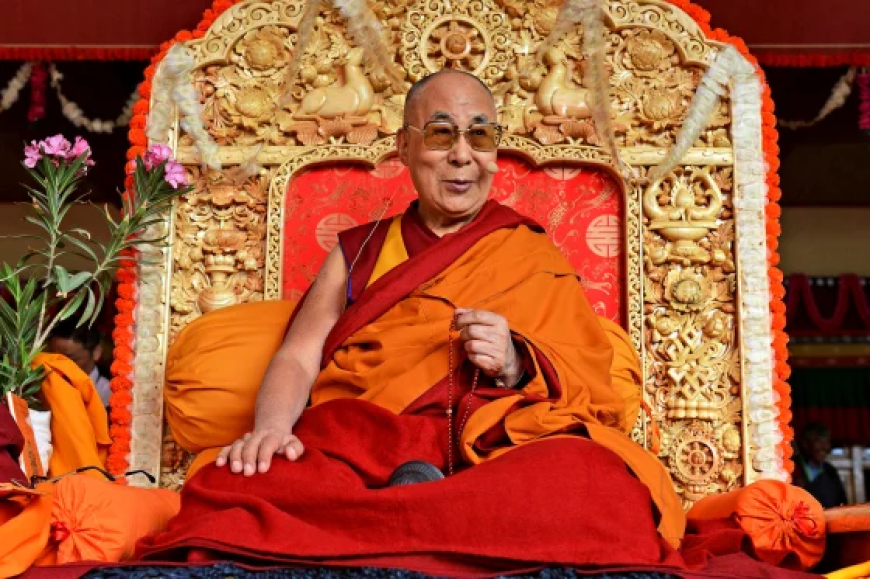China Says Dalai Lama’s Reincarnation Needs Its Approval, Sparks Global Concern
After the Dalai Lama shared plans about his reincarnated successor, China said only its government can approve the next spiritual leader.

Beijing (China) [Asia], July 02: The 14th Dalai Lama, Tenzin Gyatso, recently shared something that has been making waves. He shared that his spiritual role will continue through a reincarnated successor. This gave hope to many Tibetans across the globe. But China quickly gave a reply that has raised concerns over world. China said that the next Dalai Lama must be approved by its central government. It has raised fresh concerns about control over religious traditions and beliefs in Tibet.
The Historic Escape And Legacy
In 1959, the Dalai Lama left Lhasa at age 23. He was fearing danger as Chinese forces entered Tibet. Since then, he has lived in exile and become a peaceful symbol of Tibetan culture. He won the Nobel Peace Prize and kept pushing for autonomy, not separation, while staying true to his Buddhist roots and values.
China’s Stand On Succession
China says that the next Dalai Lama must be chosen through the “golden urn” method, a rule from the Qing dynasty. Beijing also claims that Tibetan Buddhism belongs to Chinese tradition and must follow national laws. Their foreign ministry says religion should adapt to the country’s culture and political environment, not the other way around.
Followers Feel Deeply Hurt
Tibetans across the world are worried. They are worried that the next Dalai Lama may be picked for political reasons. They fear that next Dalai Lama will not be spiritual one. For them, the Dalai Lama is more than a leader. He is their connection to their heritage. They believe reincarnation is a matter of faith, not government approval or old dynastic rules.
Future Full Of Questions
The Dalai Lama promised that his rebirth will continue the 600-year-old tradition. But China’s strong stand has left Tibetans and global supporters concerned. Many feel that this is not just about one man. But, they feel it is about a whole people’s right to practise their religion without fear or pressure. The next chapter is yet to unfold.

 Aryan K
Aryan K 





